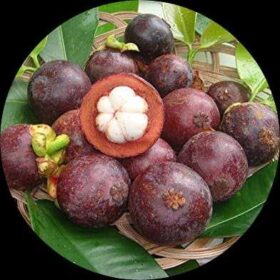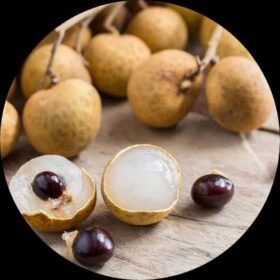- Empty cart.
- Continue Shopping
Papper Mint
₹180.00Current price is: ₹180.00. Original price was: ₹300.00.
Genus : Mentha
“The Pepper Mint Medicinal Plant is a prized herb known for its aromatic leaves and therapeutic properties. It is commonly used for its soothing and digestive benefits. Grow your own herbal garden with this valuable plant.”
Add to cart
Peppermint (Mentha x piperita) is a popular medicinal plant known for its refreshing aroma and numerous health benefits. It is a perennial herb that is native to Europe but is now widely cultivated in many parts of the world. Peppermint is a member of the mint family and is a hybrid between watermint (Mentha aquatica) and spearmint (Mentha spicata).
Peppermint is known for its distinctive scent and flavor, which is minty and cooling. It has been used for centuries for its medicinal properties and is commonly used in teas, essential oils, and other herbal remedies.
The leaves of peppermint are the most commonly used part of the plant for medicinal purposes. They are rich in essential oils, particularly menthol, which gives peppermint its characteristic aroma and flavor. Peppermint leaves also contain other beneficial compounds such as flavonoids, tannins, and antioxidants.
Peppermint has a long history of medicinal use and is known to have a variety of health benefits. Some of the common medicinal uses of peppermint include:
- Digestive Aid: Peppermint has been used traditionally as a digestive aid to relieve symptoms such as indigestion, bloating, and gas. It is believed to help relax the muscles of the gastrointestinal tract, promoting smooth muscle relaxation and reducing spasms.
- Respiratory Support: Peppermint is known to have expectorant properties that can help relieve symptoms of respiratory conditions such as coughs, colds, and sinus congestion. Inhaling the steam from peppermint tea or using peppermint essential oil in a diffuser can help clear nasal passages and relieve congestion.
- Headache Relief: Peppermint has been used as a natural remedy for headaches and migraines due to its ability to help relax muscles and improve blood flow. Applying diluted peppermint essential oil to the temples or massaging it on the back of the neck may help alleviate headache symptoms.
- Pain Relief: Peppermint has a cooling effect on the skin and is often used topically to soothe muscle pain, joint pain, and soreness. Peppermint essential oil can be mixed with a carrier oil and massaged onto the affected area for pain relief.
- Oral Health: Peppermint is commonly used in oral care products such as toothpaste and mouthwash due to its antibacterial properties. It is believed to help freshen breath, kill harmful bacteria in the mouth, and reduce gum inflammation.
Peppermint is generally considered safe when used as directed, but it may cause side effects in some individuals, especially in high doses or when used topically on sensitive skin. It is important to consult with a qualified healthcare professional before using peppermint medicinally, especially if you have any underlying health conditions or are pregnant, nursing, or taking medications.
Peppermint is relatively easy to grow and can be cultivated in a variety of climates. It prefers well-drained soil and partial to full sun. Peppermint can be propagated from seeds, cuttings, or by dividing established plants. It is a fast-growing plant that spreads via underground runners, so it’s important to contain it in a designated area in the garden to prevent it from taking over other plants.
In summary, peppermint is a popular medicinal plant known for its refreshing aroma and health benefits. It has a long history of traditional use for digestive, respiratory, and pain-relief purposes. However, it’s important to use peppermint medicinally with caution and under the guidance of a qualified healthcare professional. Peppermint is relatively easy to grow and can be a valuable addition to an herb garden or used as a natural remedy in various forms.
Add a review
Currently, we are not accepting new reviews














Reviews
There are no reviews yet